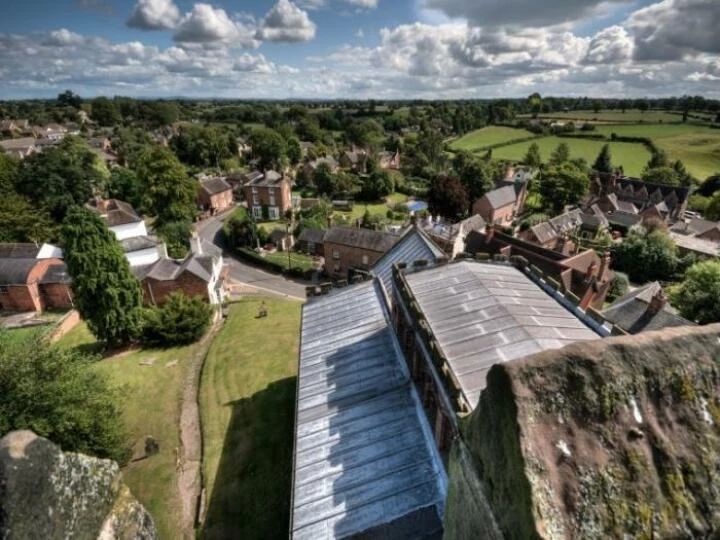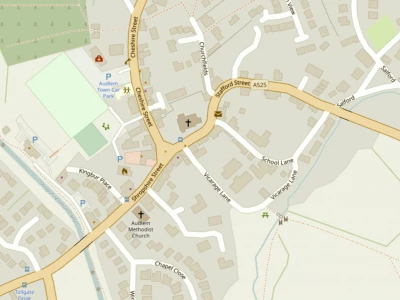







Salvatore Quasimodo was an Italian novelist and poet. In 1959 he won the Nobel Prize for Literature "for his lyrical poetry, which with classical fire expresses the tragic experience of life in our own times". Along with Giuseppe Ungaretti and Eugenio Montale, he is one of the foremost Italian poets of the 20th century.
Quasimodo was born to Gaetano Quasimodo and Clotilde Ragusa. In 1908 his family moved to Messina, as his father had been sent there to help the population struck by a devastating earthquake. The impressions of the effects of natural forces would have a great impact on the young Quasimodo. In 1919 he graduated from the local Technical College.
In 1917 Quasimodo founded the short-lived Nuovo giornale letterario ("New Literary Journal"), in which he published his first poems. In 1919 he moved to Rome to finish his engineering studies, but poor economic conditions forced him to find a work as a technical draughtsman. In the meantime he studied Greek and Latin.
In 1929 he moved to Florence where he met poets such as Alessandro Bonsanti and Eugenio Montale. In 1930 he took a job with Italy's Civil Engineering Corps and met the Misefari brothers, who encouraged him to continue writing. Quasimodo published his first collection, Acque e terre ("Waters and Earths") in that year.
In 1931 he was transferred to Imperia and then to Genoa, where he became acquainted with Camillo Sbarbaro and other personalities of the Circoli magazine, with which Quasimodo started a prolific collaboration. In 1932 he published a new collection, Oboe sommerso, including all his lyrics from 1930-1932.
In 1934 Quasimodo moved to Milan. Starting from 1938 he devoted himself entirely to writing, working with Cesare Zavattini and for Letteratura, official review of the Hermetic movement. In 1938 he published Poesie, followed by the translations of Lirici Greci ("Greek Poets") published by Corrente di Vita in 1939.
Though an outspoken anti-Fascist, during World War II Quasimodo did not take part in the Italian resistance against the German occupation. In 1946 he published another collection, Giorno dopo giorno ("Day After Day"), which made clear the increasing moral engagement and the tone of social criticism of the author. The same theme characterized his next works. In all this period Quasimodo did not stop producing translations of classic authors and collaborating as a journalist for some of the most prestigious Italian publications.
In the 1950s Quasimodo won the following awards: Premio San Babila (1950), Premio Etna-Taormina (1953), Premio Viareggio (1958) and, finally, the Nobel Prize for Literature (1959).
In his last years the poet made numerous voyages to Europe and America, giving public speeches and public lectures of his poems, which had been translated in several foreign languages.
Born 20th August 1901 in Modica, Sicily
Died 14th June 1968 in Naples, Italy
Poetry is the revelation of a feeling that the poet believes to be interior and personal which the reader recognizes as his own.
This article is from our news archive. As a result pictures or videos originally associated with it may have been removed and some of the content may no longer be accurate or relevant.
Get In Touch
AudlemOnline is powered by our active community.
Please send us your news and views using the button below:
Email: editor@audlem.org


